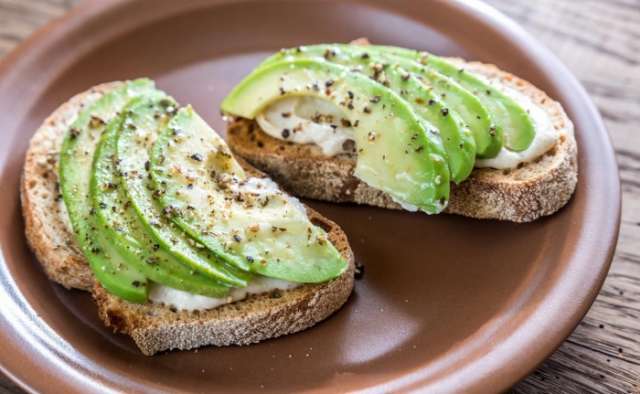Our favourite foods are trendy, healthy and so popular we make memes about them.
However, according to new research, these foods could also be changing how our bodies react to hunger.
Researchers from the University of Georgia have found that foods rich in polyunsaturated fats may be influencing our hormones and altering our appetites.
These foods - such as avocado, quinoa, chickpeas, salmon, chia seeds, olive oil and walnuts - have already been linked to improved problem-solving skills and better memory.
And now scientists are saying eating foods high in polyunsaturated fats may contribute to overall weight loss.
They also hope this way of eating could help tackle the obesity epidemic.
To reach their conclusions, the researchers measured participants’ (aged 18-35) hormone changes - allowing for examination of their physiological hunger and satiety - when following a diet heavy in polyunsaturated fat.
They also asked participants to indicate on a scale how hungry or full they were and how much they thought they could eat.
Those who consumed a lot of polyunsaturated fats were less hungry and felt fuller for longer than those who didn’t follow the diet.
“Appetite hormones play an important role in regulating how much we eat,” said lead researcher, Jamie A. Cooper, PhD of the University of Georgia.
“These findings tell us that eating foods rich in PUFAs (polyunsaturated fats), like those found in walnuts, may favourably change appetite hormones so that we can feel fuller for longer.”
Six healthy breakfast recipes - in pictures
The reason following such a diet resulted in better appetite control is that it decreases the hormone ghrelin which controls hunger and increases peptide, the hormone that controls satiety.
However it’s important to note that the study was on a small scale, with just 26 participants, and larger-scale research needs to be undertaken.
This research does however point to the growing body of evidence which suggests eating fat does not make you fat.
More about: #avocado
















































